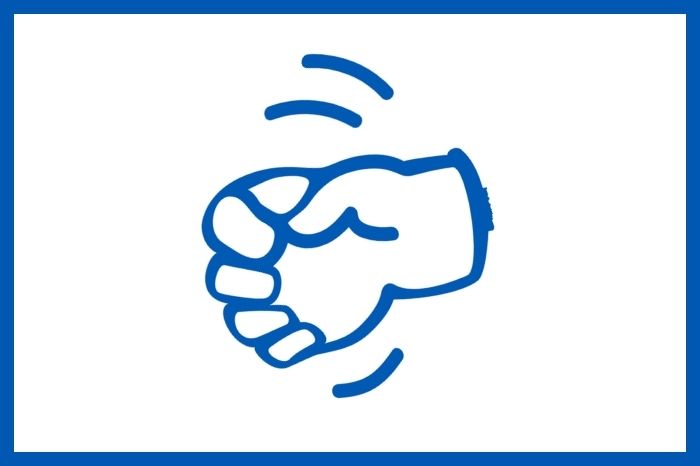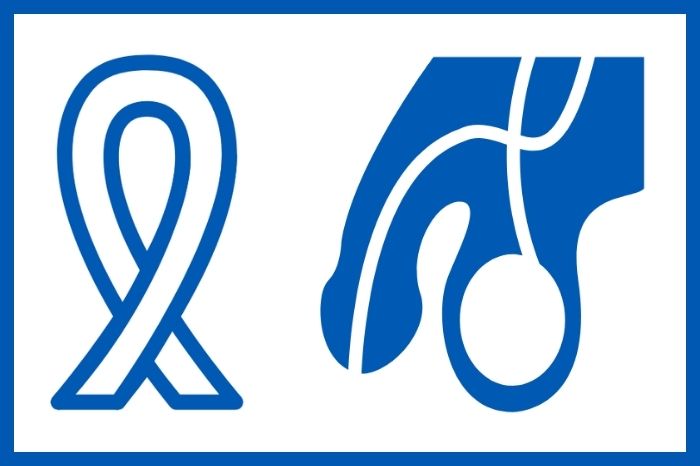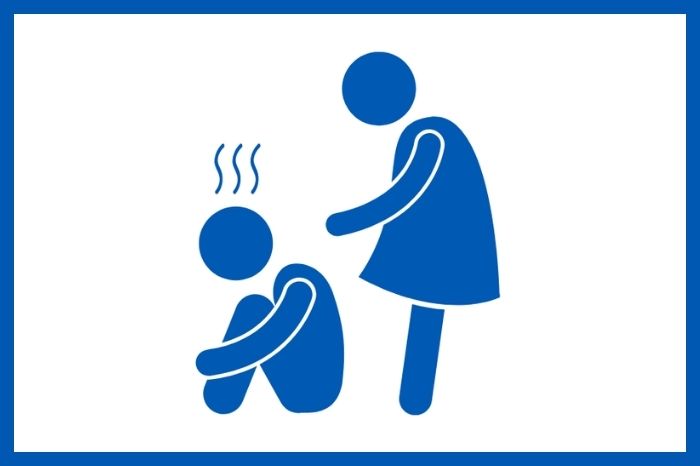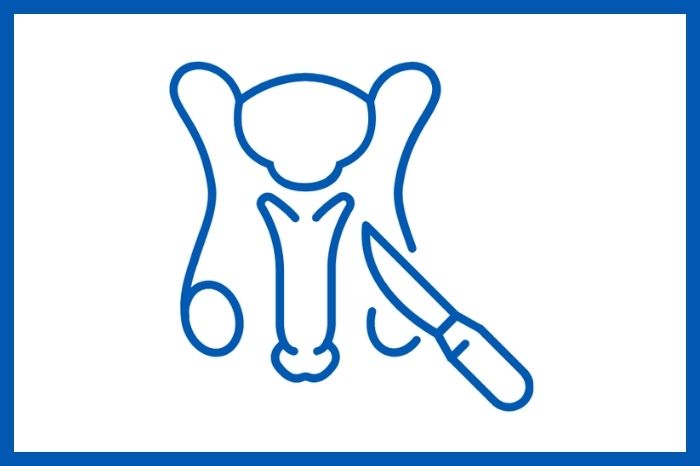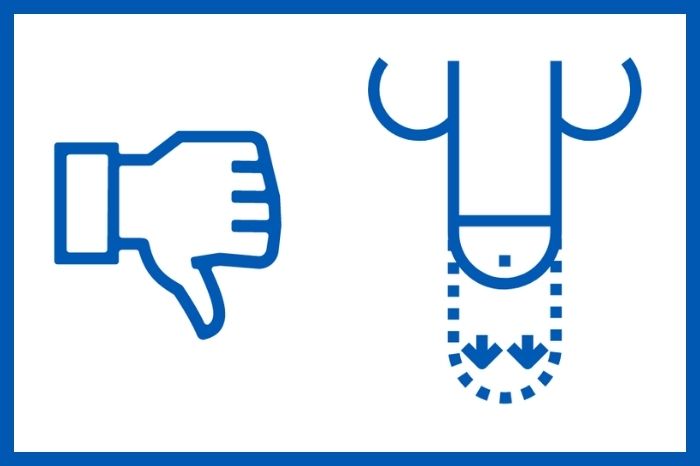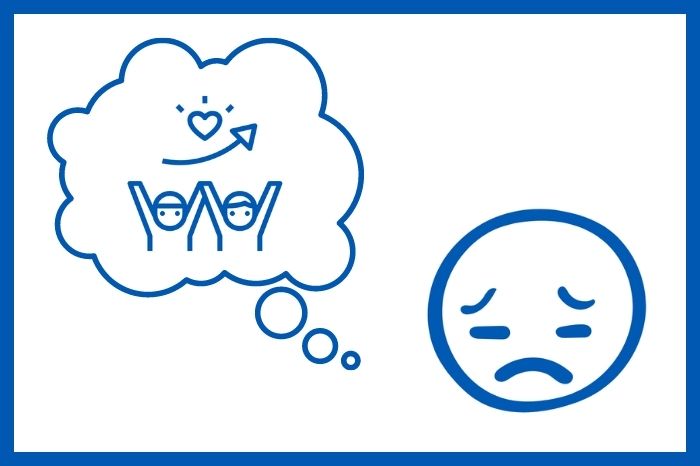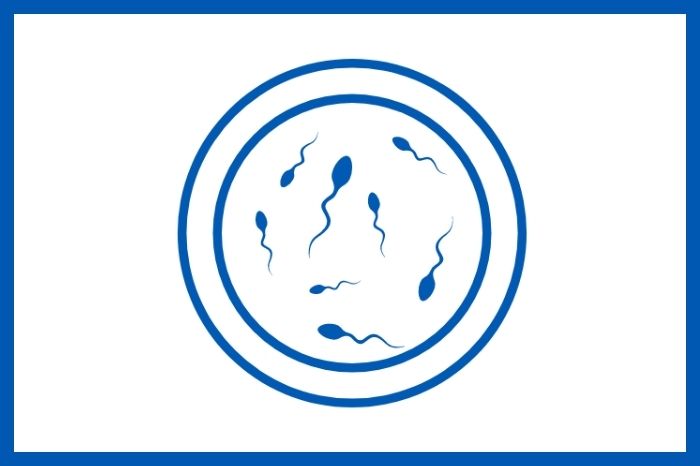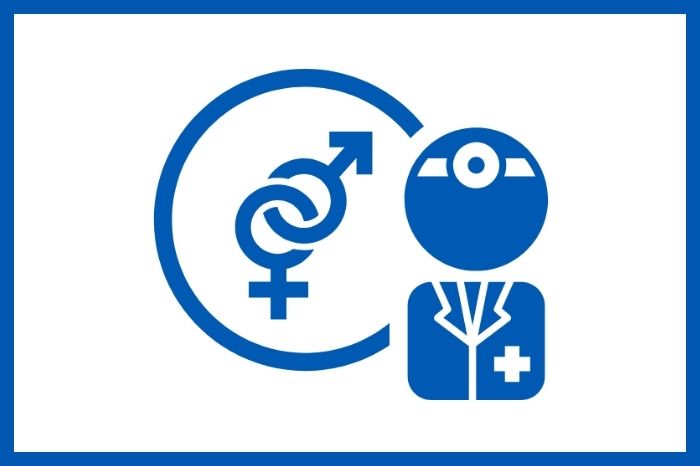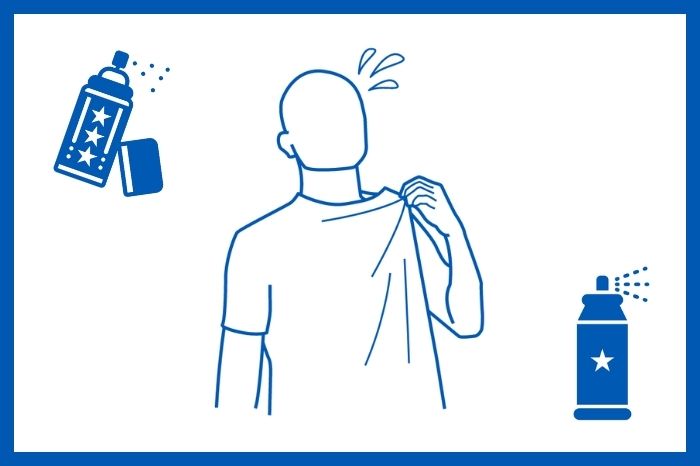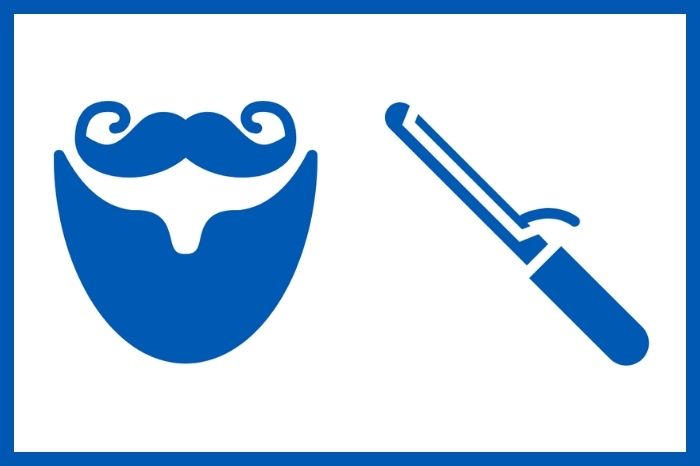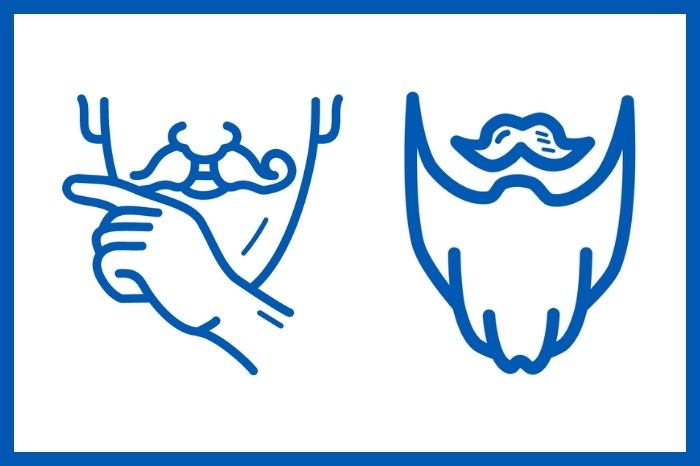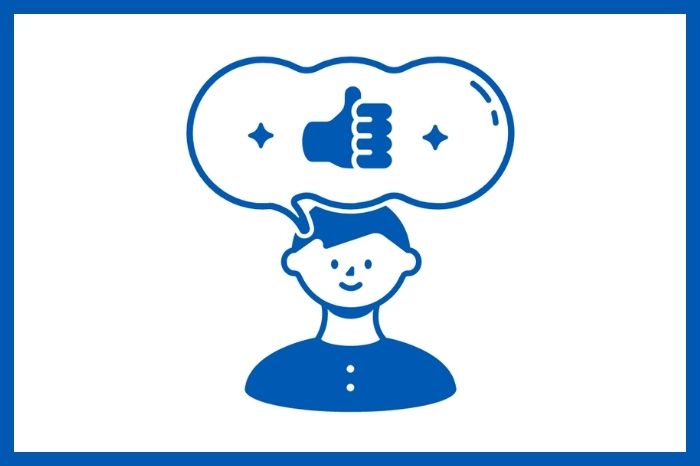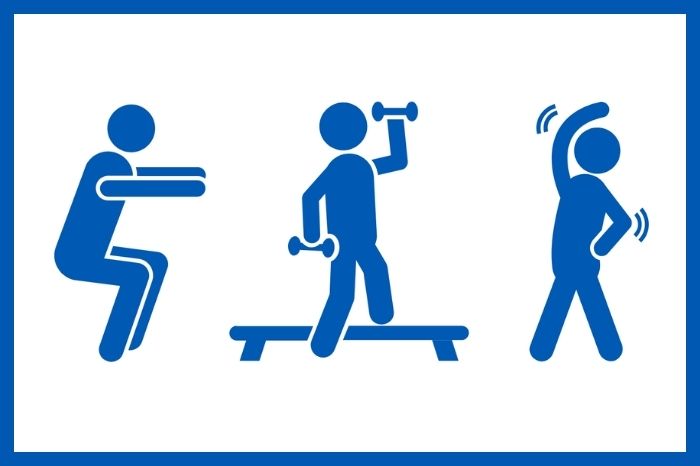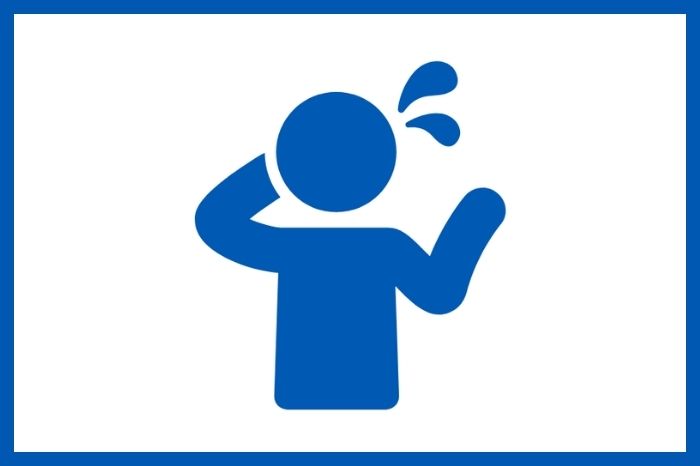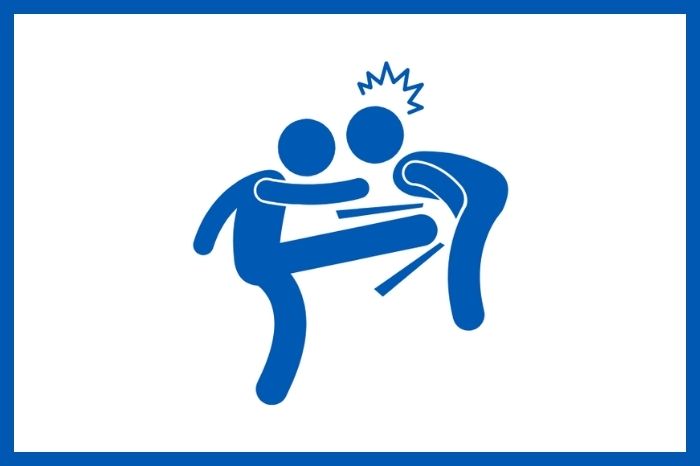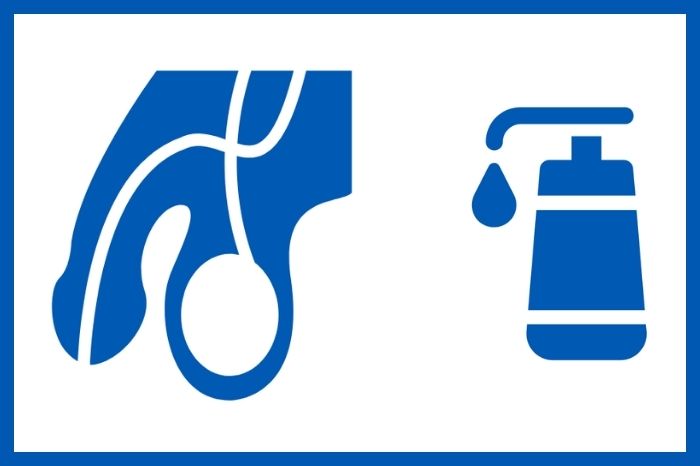She broke up with me - how to deal with a breakup?
Breakups of relationships happen every day. As painful as it may be, believe me, you are not alone. There are countless people going through this right now.

A song is being played on the radio to thousands of listeners in the region. The super emotional chorus seems to be specifically about you.
You have formed, managed and shaped some relationships throughout your life. And that relationship is now over.
A brain that is recovering from the initial shock of losing someone it has grown used to (whether long-term or short-term) will frantically scan the environment for reminders of the safety and security it is so tightly connected to.
Images, music, objects, places...
Everything in the environment is primed to turn our attention to the attachment we crave, even if the person it is associated with is gone.
Whatever remnants are found, it will never be a healthy attitude, but due to the lack, the brain of someone whose relationship has ended will blindly persist in it.
This is why, days or even weeks after a relationship ends, our minds can feel foggy, preoccupied, and even disconnected from the rest of the world.
The brain is in every way in survival mode and working tirelessly to regain the lost relationship, or avoid the unpleasant inevitability of felt loneliness.
The brain's perceived responses to separation are strong because they go to the heart of our human desire to be social and connected creatures.
We need to feel needed. It helps us feel safe.
And so, there is good news and bad news. The bad news is that you can't (and shouldn't) avoid the natural sense of loss and anguish that comes with losing an important personal attachment.
Just as we are programmed to seek intimate connections and have our most basic needs met through another person, we are also vulnerable to a sense of pain when that connection is lost.
The good news, though, is that you can anticipate and adapt to the predictable cognitive changes that occur in the brain after the breakup, which can help you get through tough times more easily and efficiently.
You can tell that it's all very psychological, isn't it?!
How to act when the relationship ends?
Check out the strategies below on how to act at the end of a relationship. Of course, everyone has their own story, so take what you find most convenient for you. And while it's true that men handle breakups differently than women, the tips below are applicable to all people, regardless of gender.
1 - Practice acceptance
Your breakup will hurt. You cannot avoid this. However, take comfort in knowing that many others have finished before you and many have already found their way.
Whether you are the "right" or "wrong" person in this story, you will experience a sense of loss.
Your brain will be operating with an emotional deficit that will need to be recognized and addressed in order for you to regain a sense of stability in the future.
Apply some self-acceptance. Tell yourself, "this is going to be hard, but I'll get through it."
2 - Get away from the memories
After the breakup, your brain will automatically look for reminders of the previous relationship. Don't make this process any easier for him than necessary.
Gather and store photos, belongings and stay away from social media. Try not to show others that you are "fine", this will only increase bad feelings inside you.
This is easier said than done (your recovering brain will be horrified at the prospect of losing access to photos of what you did together), but distancing yourself from reminders, and especially social media, can be critical to your healthy recovery after the breakup.
Imagine a hammer. You are holding the hammer.
The hammer represents a bad feeling about the breakup. Looking at photos or reminders is like hitting yourself in the head with the so-called hammer.
Why would we do this to us? As mentioned earlier, your primitive brain is struggling to regain that lost attachment.
It will be a great (and unhealthy) effort to motivate us to get attached again.
When something important is removed from your emotional ecosystem, you must purposefully choose what will replace it. Which brings us to our next item.
3 - Think and occupy yourself with other things
If you do not act with intent and clarity, you will leave open the potential for harmful and unsustainable ways of calming down and dealing with the situation to take root.
Temporary coping mechanisms include drugs, alcohol, adventures or over-indulgence in its many forms. That's not cool!
The problem with these "feel good quick" schemes is that when the pleasure gains wear off, we're left back where we started or even further behind.
In all cases, we avoid an inevitable confrontation with the emotional upheaval caused by the separation.
And therefore, we must take sustainable steps that improve our health, express our values and increase our capacity for future endeavors. Do physical exercises, rediscover your hobbies, spend energy on things you enjoy!
4 - Be among other people
Make time for family and social interactions. These ways of coping and self-care can be the points that close the wound of the lost relationship and will continue to produce long-term satisfaction.
5 - Tell a friend
The brain perceives a loss. In its urgency, there is likely to be a question that will be asked over and over again. That question is "why?".
In the midst of an unpleasant breakup, your brain will be motivated to take action and remedy the situation. The undesirable is unacceptable and we must plan to take it a step further.
Left to its own devices, your mind will offer countless rationalizations for reaching out to your ex, seeking him out in public, or writing an emotional letter to explain your side of the story.
As many have probably experienced, it's not always a good idea.
In an heightened emotional state after separation, it is important to hand over emotional "keys" to a designated friend or confidant.
Allow them to present their view of the lost relationship and hear if they found it beneficial.
Granted, they'll likely be motivated to tell you a little bit of what you want to hear ("you're so good" and "she doesn't deserve you"). If given the chance to listen instead of entangle, your brain can allow for a moment of relief and healing.
6 - Keep in mind that everything passes
Remember that after a breakup, the brain is working on an emotional deficit and should use all the help it can get.
Perhaps the most important way out of a relationship is to repeat the mantra, "This too shall pass."
Of course, this might seem overly simplistic, but sometimes simple can be powerful. The hard truth is that your mind and heart are working through trauma. In turn, this can make it seem like the pain will never end.
But I have news for you - yes you will! As sure as the sun rises and sets.
We all heal at different speeds. The pace of this healing is largely determined by your personal life story and the depth of your feelings for each other.
That's why it's so important to tell yourself that this too shall pass, even if you don't believe it at the time.
By doing this, you literally send your brain the message to lessen anxiety and avoid the trap of "eternalizing" things.
You've heard of that term, right? It's about thinking that a feeling will be with you for all eternity.
I wish I could say that hypnosis can make you forget someone or take away the pain. But that wouldn't be honest.
But what I can say, based on science, is that meditation can reduce the intensity of your emotions and help you get closer to healing.
conclusions
It's not about pretending it didn't happen or trying to mask the pain. It's understanding that you can accept and occupy yourself with things you like. It's about not feeding the feeling of attachment, but working the brain to get used to the loss.
Have we really forgotten the people who were important to us or played a big role in our lives? Of course not.
To right the ship, you need to remember that you're going to be okay.
When that part of you is soothed, reassured, and not allowed to take control, you will be less upset when you are reminded of the breakup.
You might still feel bad about it, but the boat won't rock as much.
Maybe one day you won't even feel anything. And the sad song on the radio that you will be listening to might just be for someone else and no longer for you.

